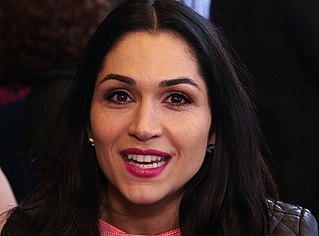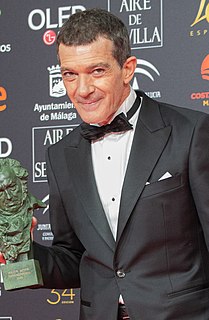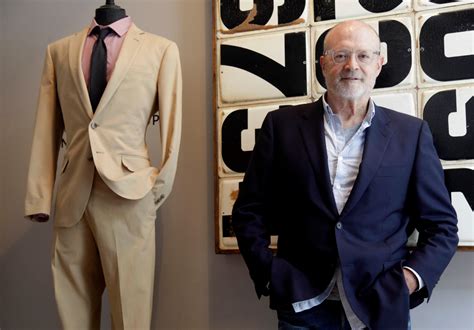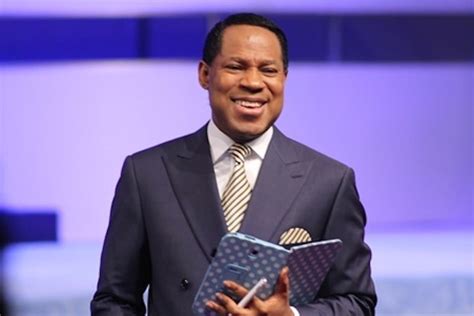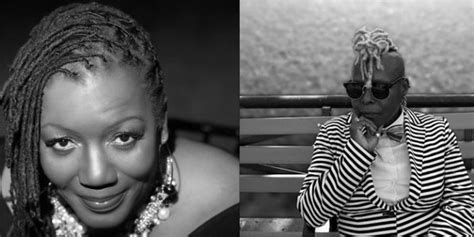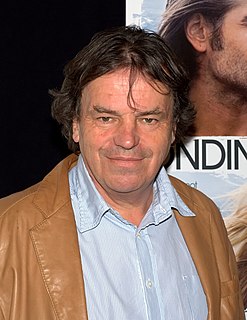A Quote by Trevor Noah
When you hear somebody speaking in an accent, it's almost like they're invading your language while they're speaking to you because if you hear someone speak another language, you almost don't care. But when they speak your language with an accent, it feels like an invasion of something that belongs to you. And, immediately, we change.
Related Quotes
When you speak a foreign language, you become someone else. If you aren't used to speaking a language, and you start speaking it again, for the first few sentences you'll find yourself in very strange shape, because you're still the person who was speaking the first language. But if you keep speaking that language, you will become the person who corresponds to it.
No, obviously, the time goes by, the English gets better. Ever since I met Melanie, that was almost nine years ago now, you have to just speak the language continuously, hone every word. So, and the proof for me of that, was actually in theater. It has to be two hours and 45 minutes on the stage speaking a language that is not your language, and singing.
To me, a poem is almost like someone whispering to another person, or you hear the whispering in your head. I hope with my own poems that the reader feels a connection, soul to soul, that'll help us all feel a little less alone on the planet. And it does have the power to direct change. A writer can make the word 'dark' be something positive. You can relieve a word like 'hysterical' of its misogynistic implications. You can make the language your own. That's what poetry is about.
Most English speakers do not have the writer's short fuse about seeing or hearing their language brutalized. This is the main reason, I suspect, that English is becoming the world's universal tongue: English-speaking natives don't care how badly others speak English as long as they speak it. French, once considered likely to become the world's lingua franca, has lost popularity because those who are born speaking it reject this liberal attitude and become depressed, insulted or insufferable when their language is ill used.
I try to write each piece in the language of the piece, so that I'm not using the same language from piece to piece. I may be using ten or twenty languages. That multiplicity of language and the use of words is African in tradition. And black writers have definitely taken that up and taken it in. It's like speaking in tongues. It may sound like gibberish to somebody, but you know it's a tongue of some kind. Black people have this. We have the ability as a race to speak in tongues, to dream in tongues, to love in tongues.
I just got back from New York, and I realized in New York, it's very difficult to hear a New York accent. It's almost impossible, actually - everybody seems to speak like they're from the Valley or something. When I grew up, you could tell what street in Dublin someone's from by the way they talked.


